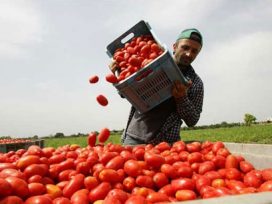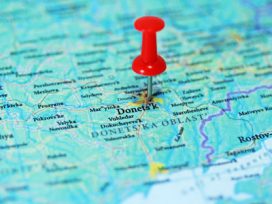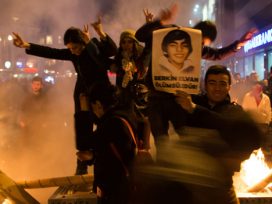We do not prefer Facebook
A conversation with Spanish social critic César Rendueles
Let’s not confuse contemporary social atomization with freedom as a complex project that requires some degree of cooperation and mutual support, says César Rendueles. And reject, once and for all, the technological ideology that extols cooperation and community building only when these are mediated by digital technologies.





